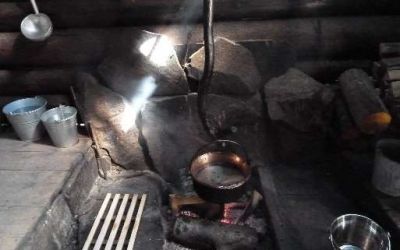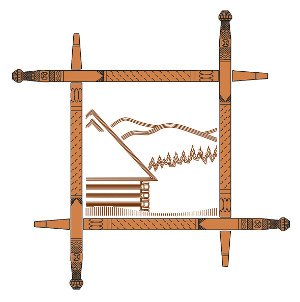
In the place where the watra was supposed to burn, the shepherd marked a crappy cross. The fire was lit with a flint because it had to be "alive" and holy. In the distant past, a fire drill was used. Sometimes fire was brought to the hut from the village - its extinction along the way heralded misfortune. When the first flames of the watra appeared in the hut, the shepherd and those present inside the juhasi said seriously: "Praised be Jesus Christ." With the water burning in the hut, not only dairy products were produced and food was cooked. It was here, in solitude, that the shepherd performed a series of magical treatments to protect and heal the herd. The bonfire was respected: it was forbidden to spill anything into the fire and not even swear near it. When the shepherds left the hall in the fall, the shepherd waited for the fire to extinguish itself, and then marked the ashes with the sign of the cross. Sometimes he flooded them with holy water on the cross and only then closed the hut.














